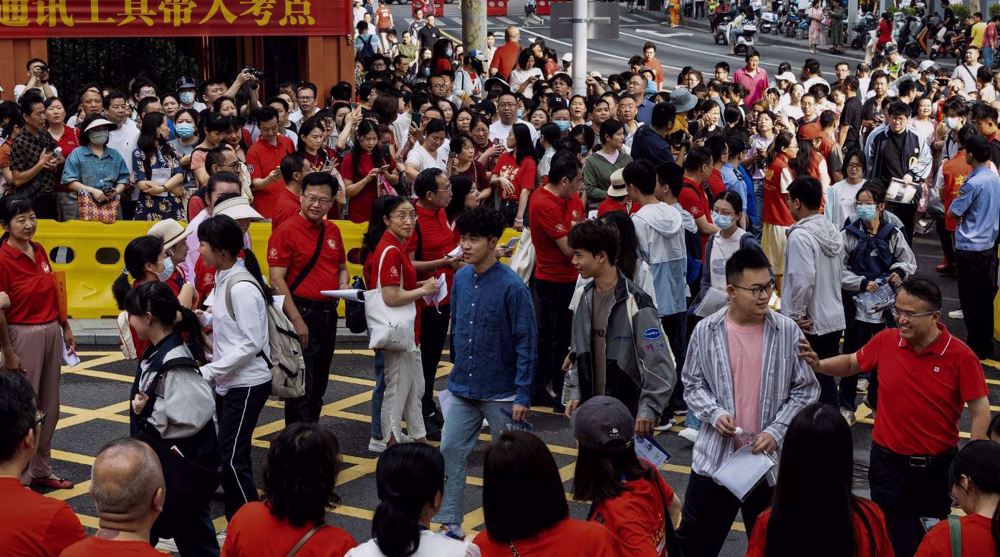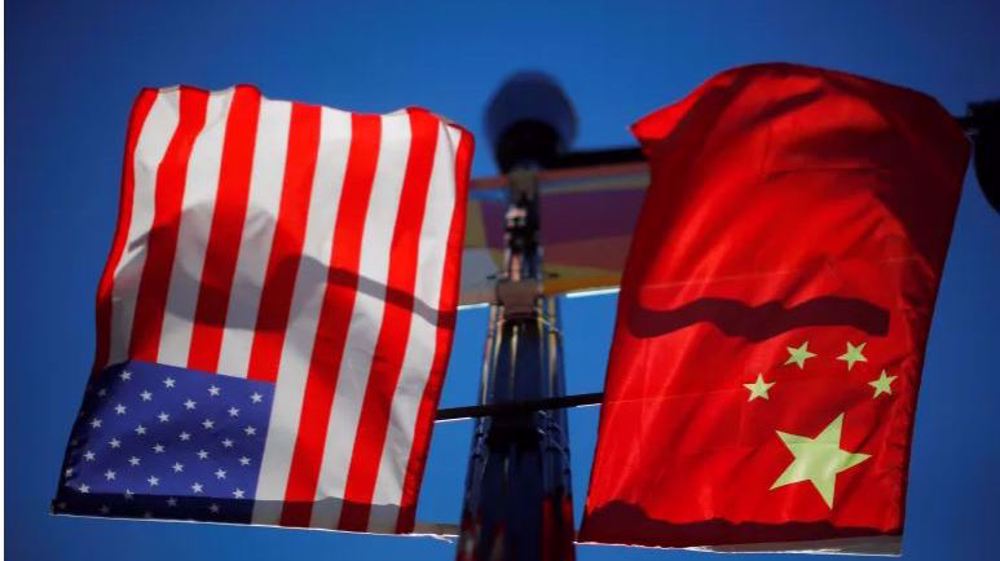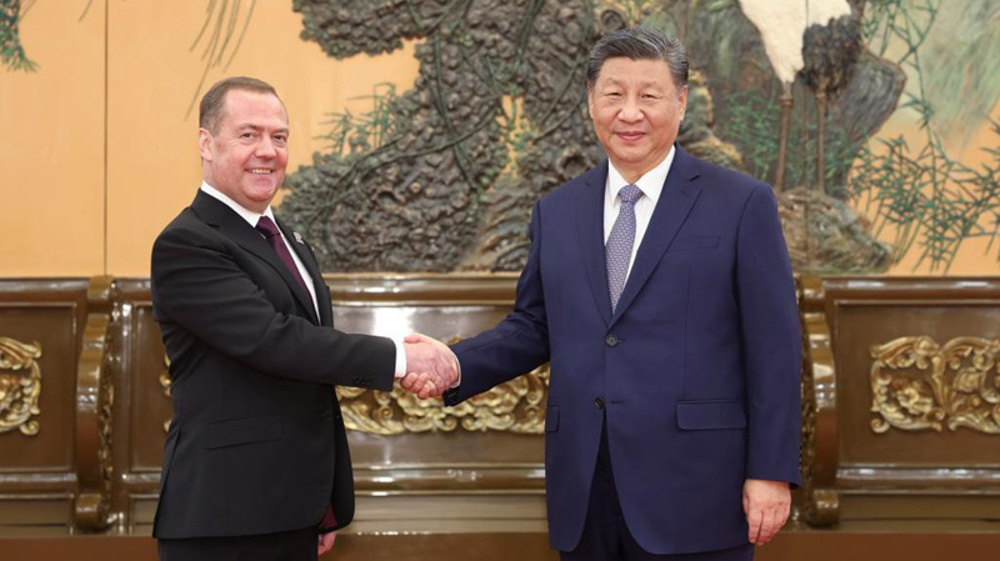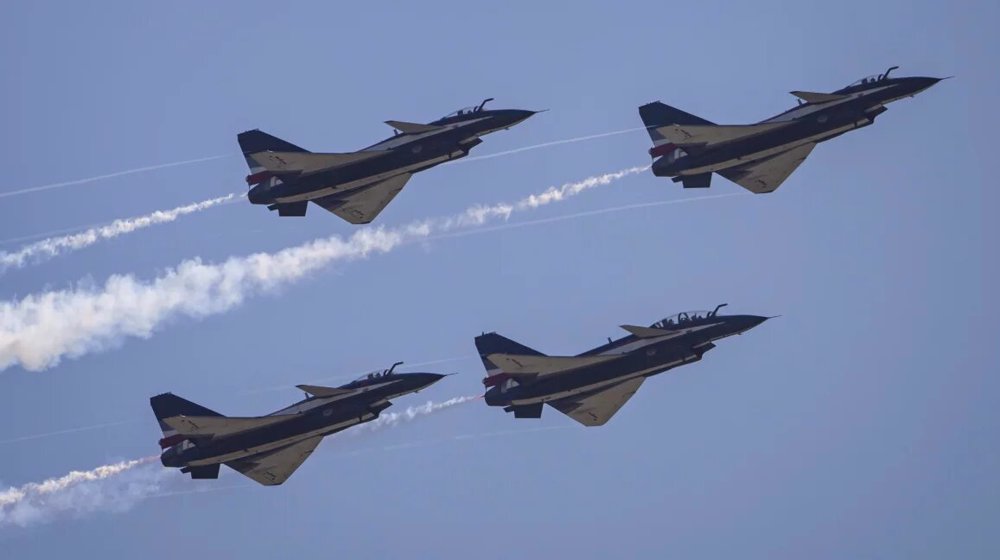US military ran secret anti-China campaign during COVID-19 pandemic: Report
The US military ran a secret psychological operation to undermine China during the COVID-19 pandemic, an investigation has found.
At the height of the COVID-19 pandemic in 2020, the US military launched a secret operation to manipulate and neutralize what it deemed to be a Chinese threat posed by Beijing’s growing clout in the Philippines, Reuters reported Saturday.
The Philippines was among the worst-hit nations affected by the deadly virus.
To undermine China, the Americans launched a disinformation campaign in the Philippines, claiming the Chinese had not only developed and spread the virus but were providing cheap masks and fake vaccines to other nations to gain geopolitical influence.
According to the Australian Broadcasting Corporation, the US military had launched its anti-Beijing campaign via fake online accounts meant to impersonate real Filipinos.
“COVID came from China and the VACCINE also came from China, don’t trust China!” one typical anti-Beijing post on Twitter from July 2020 read. Another post read, “From China – PPE, Face Mask, Vaccine: FAKE. But the Coronavirus is real!”
Reuters said it had reportedly found hundreds of accounts on X, formerly Twitter, that matched descriptions shared by former US military officials familiar with the Philippines operation.
Its investigations found at least 300 accounts were created in the summer of 2020 and centered on the slogan #Chinaangvirus — Tagalog for China is the virus.
Reuters said approached X and asked the company about these accounts.
The social media company, now owned by billionaire Elon Musk, removed the profiles, determining they were part of a coordinated bot campaign based on activity patterns and internal data.
Health experts believe the anti-China campaign persuaded people to avoid vaccines, causing more COVID-19-related deaths.
A spokesperson for the Philippines Department of Health said the “findings by Reuters deserve to be investigated and heard by the appropriate authorities of the involved countries.”
Some public health experts in the United States have also condemned the US military campaign, saying it put civilians in jeopardy for potential geopolitical gain. An operation meant to win hearts and minds endangered lives, they said.
“I don’t think it’s defensible,” said Daniel Lucey, an infectious disease specialist at Dartmouth’s Geisel School of Medicine.
“I’m extremely dismayed, disappointed and disillusioned to hear that the US government would do that,” Lucey added.
Norway refuses to face Israel in 2026 World Cup qualifier over Gaza atrocities
Israel must stop demolition of Palestinian homes in West Bank: OCHA
VIDEO | Leader meets with top Iranian women experts on family, empowerment, and resistance
UN condemns Israel for violating 1974 Syria truce deal after seizing 'buffer zone'
VIDEO | Sana'a university protest: Solidarity with Gaza, condemnation of Arab silence
Assad knew aligning with pro-Israel Arab rulers would mean betrayal of Palestine
Israeli shelling knocks out northern Gaza’s sole intensive care unit
President Pezeshkian departs Tehran for D-8 meeting in Egypt











 This makes it easy to access the Press TV website
This makes it easy to access the Press TV website